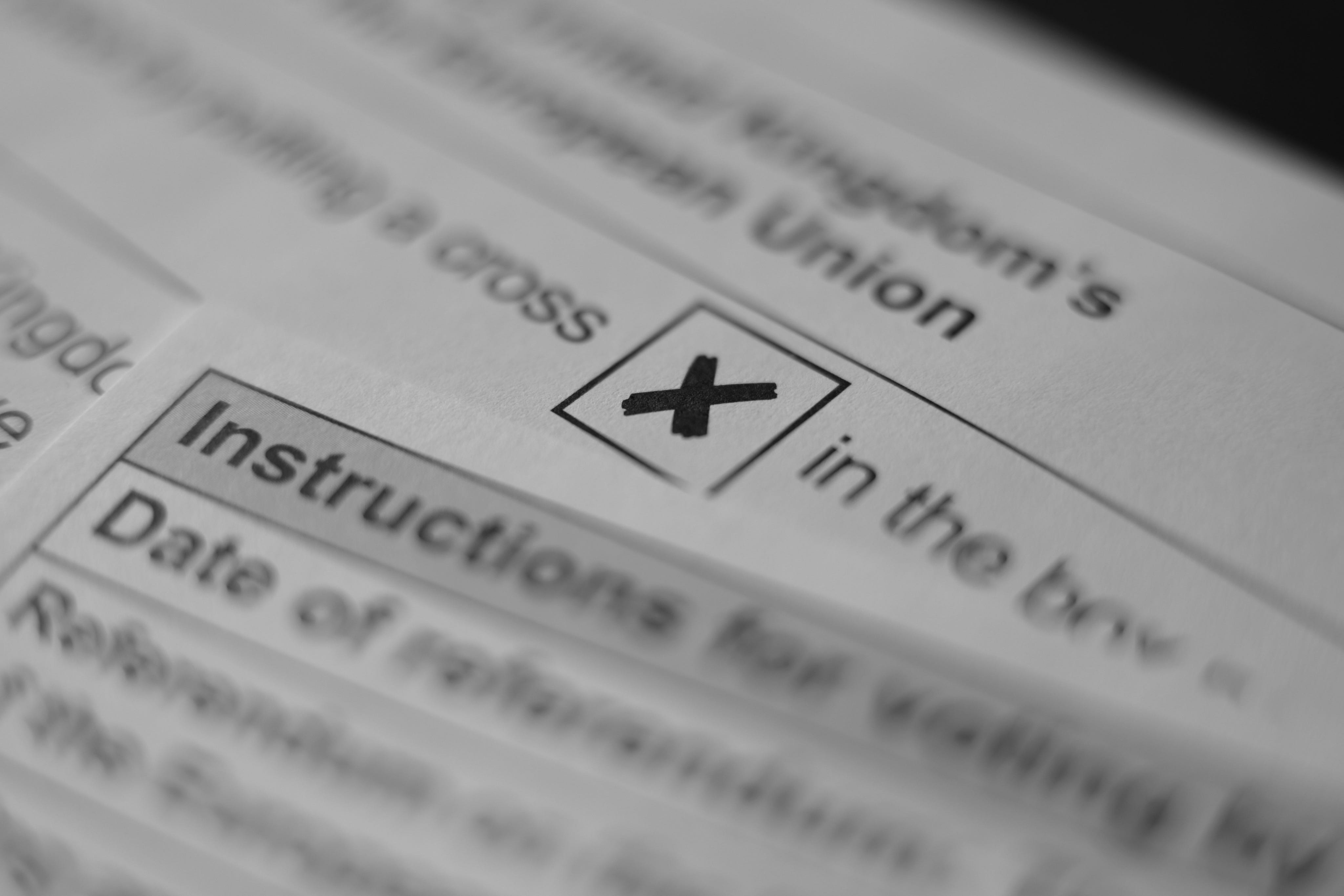Fact check: Little evidence of postal vote fraud in the UK
Postal vote fraud convictions are very low in the UK.

Your support helps us to tell the story
From reproductive rights to climate change to Big Tech, The Independent is on the ground when the story is developing. Whether it's investigating the financials of Elon Musk's pro-Trump PAC or producing our latest documentary, 'The A Word', which shines a light on the American women fighting for reproductive rights, we know how important it is to parse out the facts from the messaging.
At such a critical moment in US history, we need reporters on the ground. Your donation allows us to keep sending journalists to speak to both sides of the story.
The Independent is trusted by Americans across the entire political spectrum. And unlike many other quality news outlets, we choose not to lock Americans out of our reporting and analysis with paywalls. We believe quality journalism should be available to everyone, paid for by those who can afford it.
Your support makes all the difference.Reform UK’s “contract”, released on June 17, included a section on reforming the absent voting system, saying “postal voting has allowed electoral fraud”.
Evaluation
Convictions for postal vote fraud are rare in the UK, and there have been only two in the last five years – both in local elections.
The Electoral Commission says there “is no evidence of large-scale electoral fraud” in the UK over the past five years.
The facts
In its manifesto – or what Reform UK calls its “contract” – released on June 17, the Constitutional Reform section includes a pledge to “Commence Reform of the Postal Voting System”.
It also says that “postal voting has allowed electoral fraud”, pledging to abolish the postal vote for everyone except “the elderly, disabled or those who can’t leave their homes”.
Postal votes have been available on demand since February 2001 in Great Britain. Prior to then, voters had to give a reason for applying for an absent vote, or provide evidence from their doctor or employer giving a reason why they could not attend a polling station.
Since postal voting was opened up to all voters, its popularity has exploded: from 4.9% of valid votes in the 2001 General Election (the first under the new rules) to 21.0% in 2019 – representing 6.7 million votes.
In 2019, there were no convictions for postal fraud in the General Election. There was one conviction for electoral fraud otherwise, involving ballot papers in Greenwich being tampered with.
According to the Electoral Commission, there is no evidence of large-scale electoral fraud in the last five years. Of 1,462 cases of alleged electoral fraud reported to police between 2019 and 2023, 11 led to convictions and police issued four cautions.
Postal vote fraud accounted for two of the convictions across that period: one in Derby in 2019, and one in Barnet in 2022, both during local elections.
Links
Reform UK – Our Contract with You, (archived)
House of Commons Library – ‘First Class the Post’: The Rise of Postal Voting, (archived)
The Electoral Commission – Electoral fraud data (archived)
2019 United Kingdom Parliamentary General Election administrative data (archived)
2019 Excel workbook (archived, downloads as .xlsx)
2020 United Kingdom Parliamentary General Election administrative data (archived)
2020 Excel workbook (archived, downloads as .xlsx)
2021 United Kingdom Parliamentary General Election administrative data (archived)
2021 Excel workbook (archived, downloads as .xlsx)
2022 United Kingdom Parliamentary General Election administrative data (archived)
2022 Excel workbook (archived, downloads as .xlsx)
2023 United Kingdom Parliamentary General Election administrative data (archived)
2023 Excel workbook (archived, downloads as .xlsx)